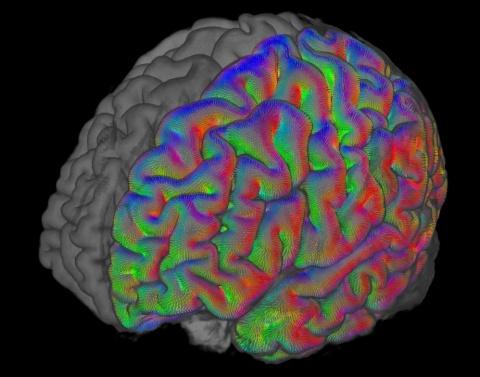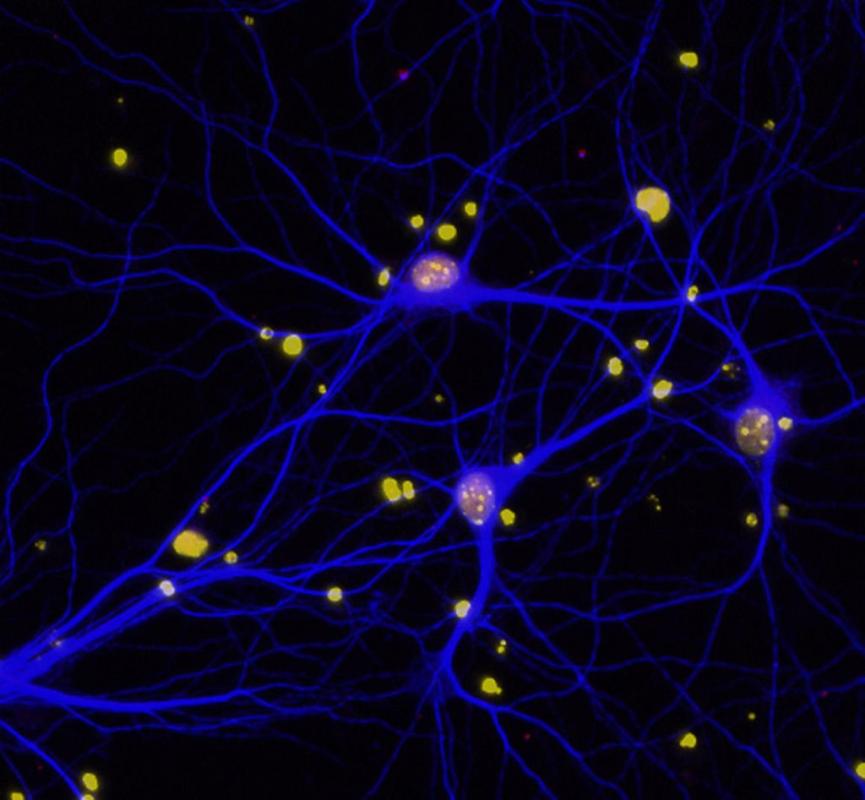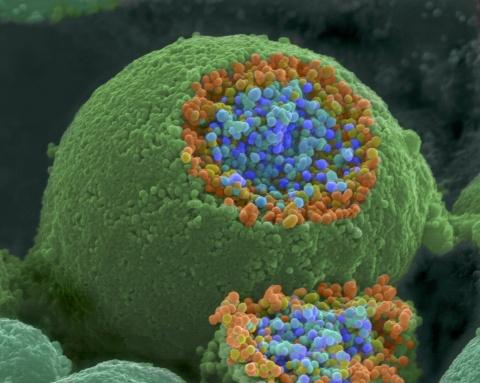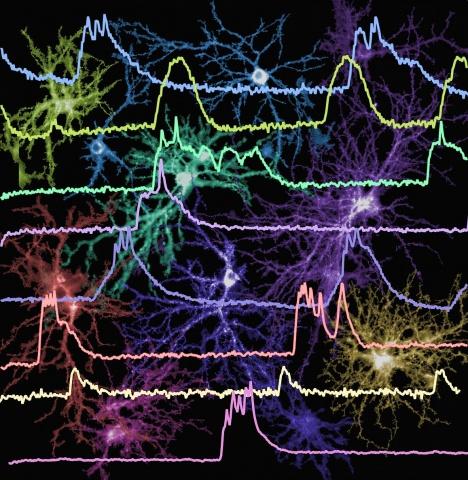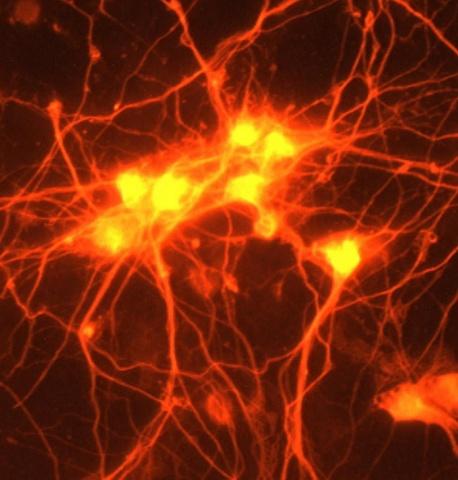Duke Neurology Research Round Up, May 2021
Members of the Duke Neurology Department advanced the fields of clinical, translational, and basic neuroscience this April with 14 new peer-reviewed studies. Nicole Calakos, MD, PhD, was the senior author of a new study in Science that expands our understanding of the integrated stress response in the brain and how it influences learning and memory.
Staff Spotlight: Daniel Gingerich
Daniel Gingerich joined the laboratory of Ornit Chiba-Falek, PhD, last year, exactly two days before the COVID-19 pandemic forced a campus-wide shut down, forcing him to learn a new set of technical skills from home. Since then Gingerich has become proficient in single-cell data analysis, and is using those techniques to better understand genetic and epigenetic dysregulation in late onset Alzheimer's disease.
Staff Spotlight: Abbie Suttle, MSc
Abbie Suttle, MSc, wants to improve our understanding of pain. In the lab of Yong Chen, PhD, she is currently working on two projects, the first to better understand the trigeminal ganglion to potentially treat a painful jaw disorder known as TMD, and another to better understand and prevent the sensitization process that makes medications for migraine and headache less effective over the long term. In this week’s Spotlight interview, Suttle talks to us about her involvement in both of these projects.
Duke Neurology Research Round Up, April 2021
Members of the Duke Neurology Department contributed to 21 new studies in peer-reviewed journals this March, advancing our ability to understand, treat, and prevent diseases and conditions from across the field of neurology. Brian Mac Grory, MB BCh, MRCP, and other members of our stroke and vascular neurology helped answer questions about the best way to treat patients who have a stroke in their sleep.
Duke Neurology Research Round Up, March 2021
Research from members of the Duke Neurology Department advanced the fields of clinical, translational, and basic neurology in February. Over the past 28 days, our faculty, staff, and trainees contributed to journal articles answering questions about the use of mobile phones for stroke care, modifiable risk factors associated with cognitive decline in Parkinson’s, the genetics of Alzheimer’s disease, and more.
Duke Neurology Research Round Up, February 2021
Members of the Duke Neurology Department contributed to 13 new peer-reviewed journal articles in January 2021. Daniel Laskowitz, MD, MHS, co-authored two studies examining the complications of traumatic brain injury. A team including Andrew Spector, MD, wrote a “road map” for how neurology departments can create effective diversity officers. Our faculty, trainees, and research staff also examined possible treatment candidates for ALS, identified new risk factors for stroke, and genetically engineered cartilage to produce its own anti-inflammatory drug.
Student Spotlight: Gene Moon
This week’s “spotlight” interview shines on Gene Moon, an undergraduate student working in the lab of Carlene Moore, PhD, who recently received a fellowship to continue his research throughout the summer of 2021. Moon talks to us about his work culturing trigeminal nerve cells and performing Western blots and how it may help us understand more about potential therapies for migraines.
Moore named as one of Cell Mentor's 1,000 inspiring Black scientists
Carlene Moore, PhD, assistant professor of neurology, was one of 13 Duke scientists and eight members of the Duke University School of Medicine, appearing in a new list of 1,000 inspiring Black scientists in the United States. Cell Mentor, a blog and online resource for researchers, composed the list to showcase the contributions Black scientists make to the scientific community.
Duke Neurology Research Round Up, January 2021
The final month of 2020 saw fifteen new publications written or co-written by members of the Duke Department of Neurology. Sneha Mantri, MD, MS, was a lead author of a new study examining factors contributing to burnout and moral injury among health-care workers at Duke. Our Neuromuscular Disease faculty wrote multiple studies advancing our understanding of myasthenia gravis, including how the COVID-19 pandemic is affecting people with this condition. Other articles answered questions about stroke, Parkinson’s, and other diseases.
Duke Neurology Research Round Up, December 2020
This November, research from members of the Duke Department of Neurology examined how different types of seizures feel to the person experiencing them, discovered genes associated with longevity and health cognition, analyzed how the COVID-19 outbreak impacted stroke care, and more. Our faculty, trainees, and staff contributed to 15 studies published in the past 30 days. Read about each of them, and find links to the original articles below.
Multiple Sclerosis and Neuroimmunology
